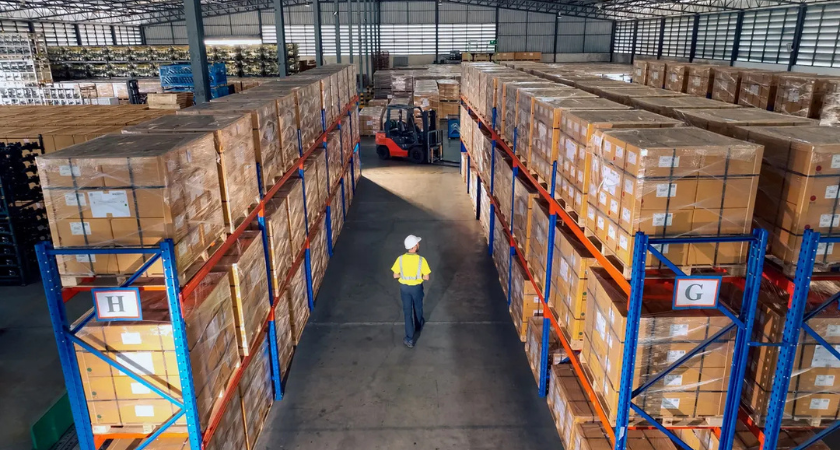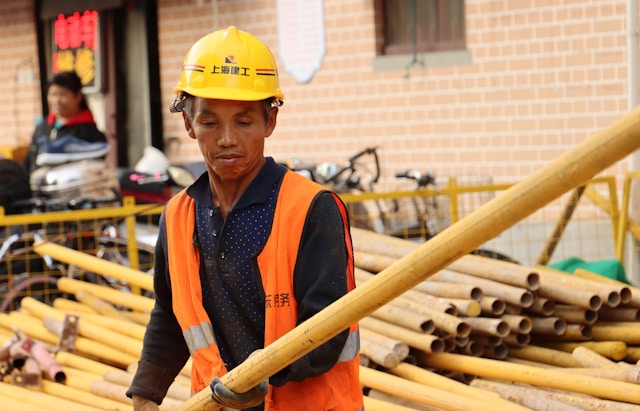
A growing number of employers are accelerating their use of artificial intelligence — and entry-level careers may be the first casualty. More than 4 in 10 organizations expect to replace human workers with AI, with the biggest impacts in operations, back-office functions (58%), and entry-level jobs (37%), according to an Oct. 28 Korn Ferry report.

While companies hope automation will deliver fast financial efficiencies in 2026 and 2027, Korn Ferry analysts cautioned that eliminating early-career talent could ultimately choke the pipeline for future leaders. Without those foundational hiring pathways, organizations may find themselves struggling to fill advanced roles in the years ahead.
“As AI expands in the workforce — becoming a colleague, not just a tool — leaders should carefully weigh the balance between innovation and developing the next generation of leaders,” said Jeanne MacDonald, Korn Ferry CEO of recruitment process outsourcing.
The report signals a widening strategic challenge for talent acquisition teams. As CEOs push to close skill gaps and build more technologically advanced workforces, recruiters are being asked to do more — even as emerging technology eliminates the very entry points that help workers grow.
Only 11% of TA leaders believe their executives are well-equipped to guide organizations through the AI shift. Korn Ferry said TA teams will be critical in ensuring AI adoption aligns with leadership goals and in communicating strategy clearly across the company.
.jpg)
Success will also depend on recruiters’ ability to use AI correctly — another emerging hurdle. A recent LinkedIn survey showed just one-third of TA professionals in the U.S. and U.K. feel confident that their teams can integrate AI and human expertise to support business goals.
Despite rapid automation across hiring processes, TA leaders aren’t abandoning human skills. Seventy-three percent still rank critical thinking as the most important capability for new hires. Organizations need employees who can analyze AI decisions, identify errors, and override machine-generated output when necessary — a skill set that becomes increasingly vital as automation expands.
Even if organizations want to maintain entry-level hiring pipelines, many fear that workers stepping into those roles aren’t fully prepared. A September report by General Assembly found that fewer than 25% of VP-level executives believe early career hires are truly job-ready, and nearly one-third say they are “hardly or not at all prepared.”
While leaders tend to view upskilling as something employees must do for themselves, General Assembly’s CEO warned that this mindset may be shortsighted. With AI reshaping early career opportunities, companies that fail to invest in workers could soon face a damaging skills gap.
Originally reported by Laurel Kalser, Contributor in Construction Dive.